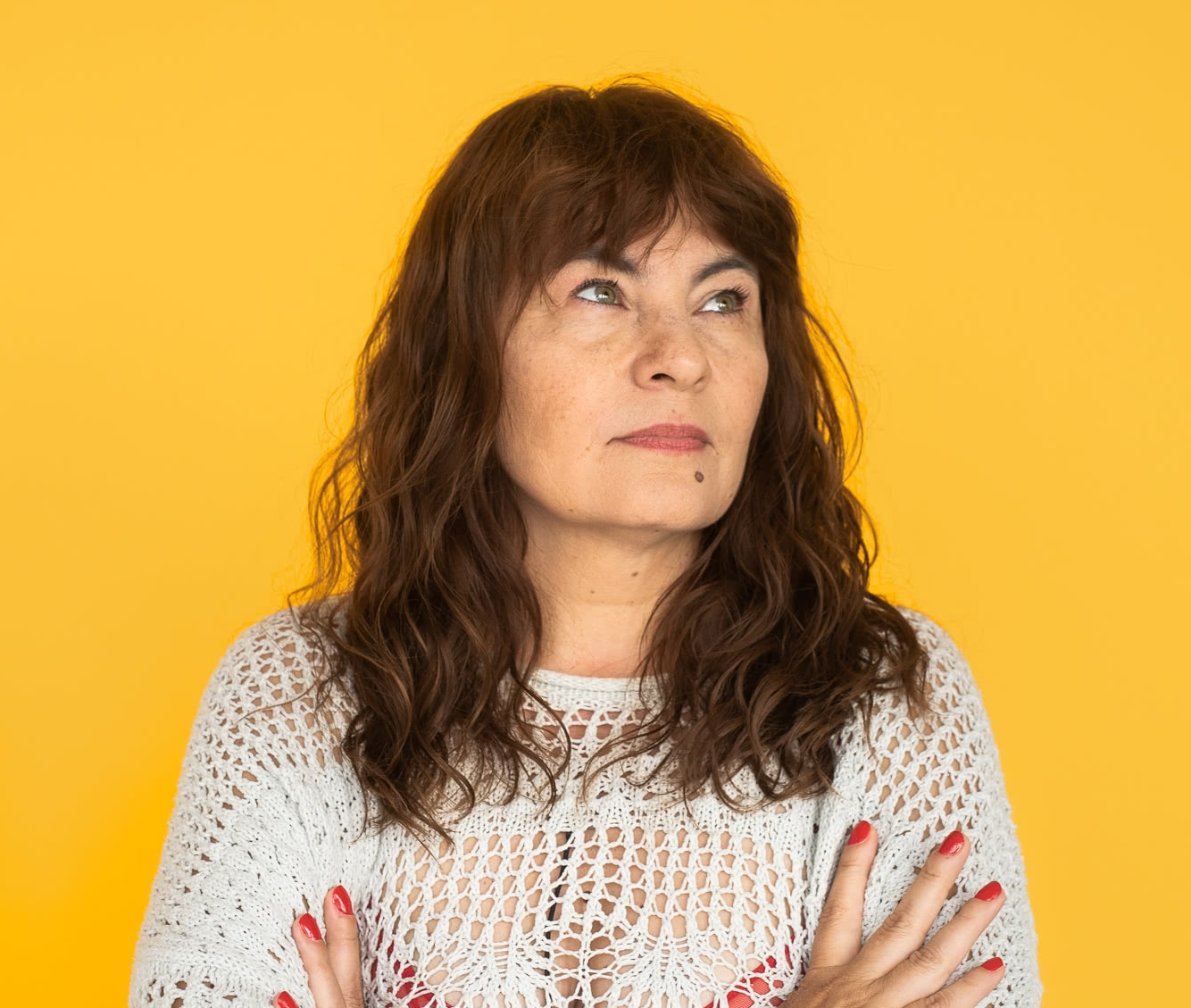IPPF recently adopted a global policy position on sex work that focuses on the measures we need to protect people who do sex work from harm. The position strongly supports decriminalisation of all aspects of sex work, together with social policies that address structural inequalities. In 84 countries around the world, our Federation provides sexual and reproductive healthcare to sex workers, mostly women, and in many of these contexts, an IPPF clinic might be one of the few places where people feel safe to come. It is this concrete experience and these relationships that guided us.
Arriving at our position started out as a complex process. Conversations about upholding people’s sexual and reproductive health and rights are always complicated because they touch upon deeply held values. They touch upon beliefs and emotions that can be very hard to let go of, even when the facts, and the women and men, and all people, we wish to protect, tell us we need to think again. This was a journey of listening and learning, of looking at research and evidence, and of taking the time to let human concerns and fears come to the surface and then talking them through.
But in the end, it became simple, because we had the privilege of being able to hear directly from the people at the heart of these discussions about the realities of their lives. So our conversations were fully inclusive of the people who actually do sex work and know their situation best. They guided our efforts to stand in solidarity with them, and not decide anything on their behalf.
In many countries, from Ireland, France and North Macedonia, to Thailand, Mexico and Kenya, we heard the same thing: criminalisation of clients and third parties causes harm. Though it may be intended to protect, it stigmatises sex workers and impedes their access to healthcare. By forcing them to work underground, it isolates them and leaves them far more vulnerable to violence and oppression, whether perpetrated by government and state institutions, especially law enforcement, or by criminal networks or clients. It also prevents them from exercising their rights, including to self-organisation and collective action, which is key to preventing violence and seeking redress.
Decriminalisation is the only way to protect the health, safety and lives of those who do sex work. We also heard loud and clear that sex work should not be conflated with intolerable rights violations such as human trafficking, exploitation and forced labour – such conflation is untrue and is harmful to sex workers.
Full decriminalisation – an inclusive feminist position
IPPF is an inclusive feminist organization, and supporting decriminalisation as the only way to protect and stand with sex workers is an entirely feminist position, in line with our core values. We became a Federation in 1952, when contraception was illegal in most countries. Many of our members were founded by doctors who saw what happened to women when they were unable to control their own bodies. They listened to women and provided what they wanted.
The reproductive justice movement has taught us that abortion goes beyond a simply binary ‘choice’, and so it is with sex work. Many factors come into play. People make the decisions that are best for them according to the conditions they face, and we must respect individuals’ autonomy always. At the same time, we must assume our shared responsibility to ensure that our laws promote social justice by reducing systemic inequalities that affect people’s options and choices in all areas of their lives, as well as providing protection from harm.
The way to protect people is always to enable them to exercise their rights. If people work in a context of criminalisation, we deny them these rights. Sex workers have been telling the world this over and over. Every day that sex work is criminalised is a day of violence, danger and fear for those who may already be facing the greatest hardships. It is essential that we keep listening to sex workers and working together, not only to improve the conditions that they face, but to contribute to the wider social change we all want to see.
***
IPPF EN is a proud supporter of the European Sex Workers’ Rights Alliance and a signatory of ESWA's feminist manifesto. In line with IPPF’s global policy position, IPPF EN is opposed to any measures in EU policy or legislative instruments that would criminalise any aspect of sex work, including clients and third parties.
***
Image credit: Marek Tartal



















